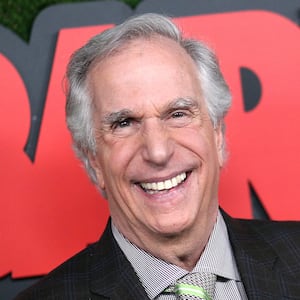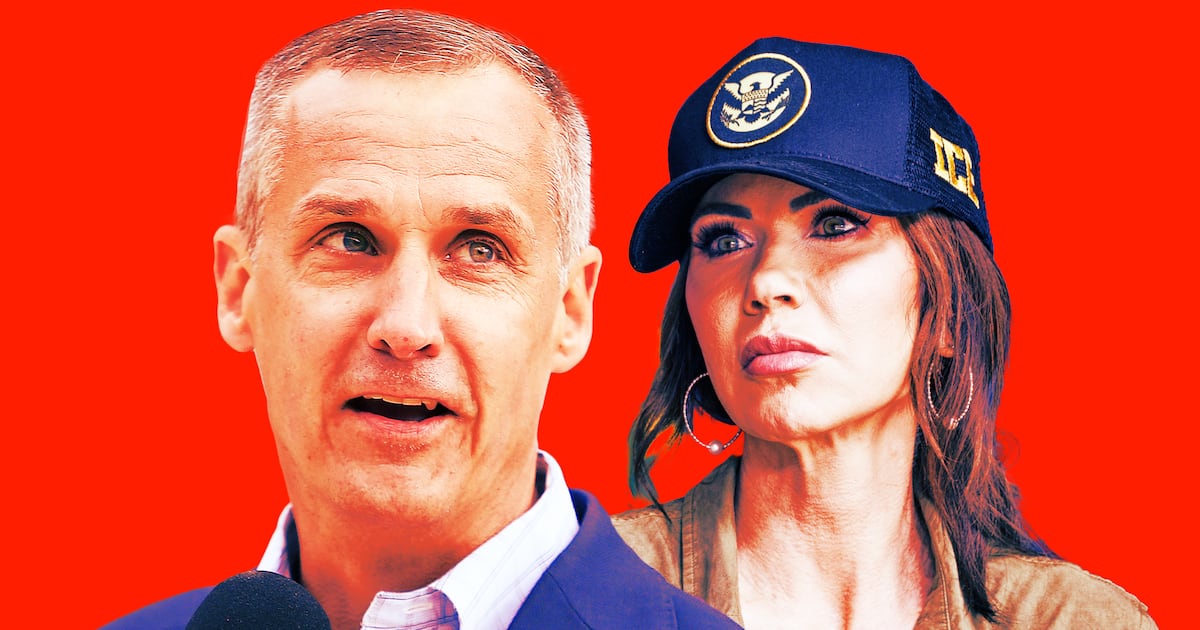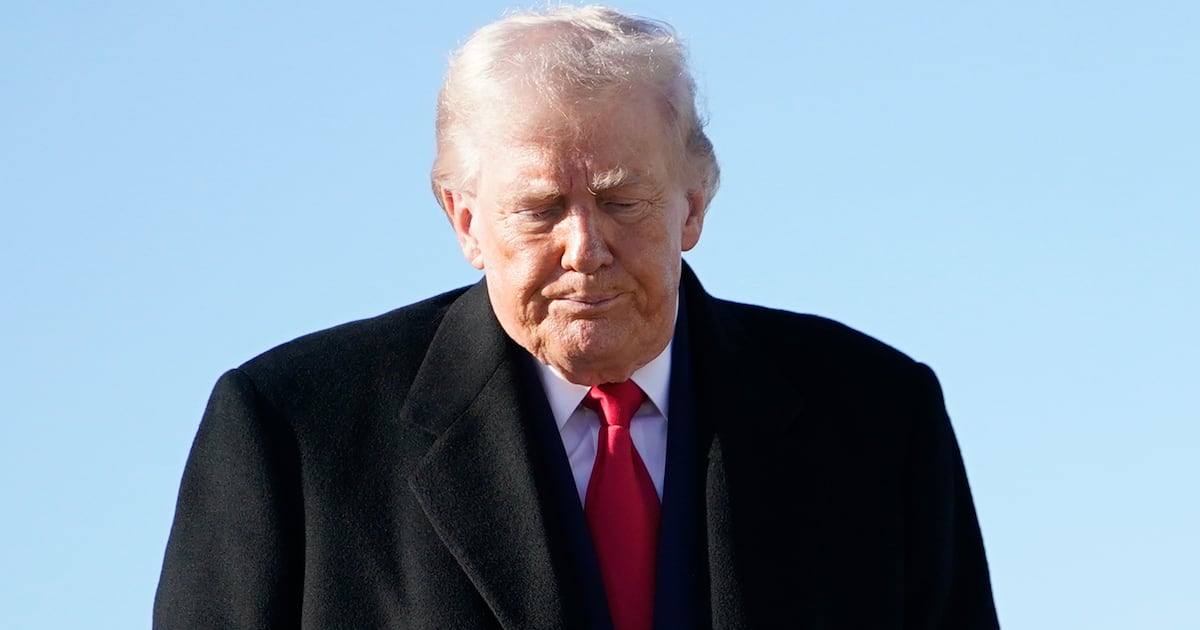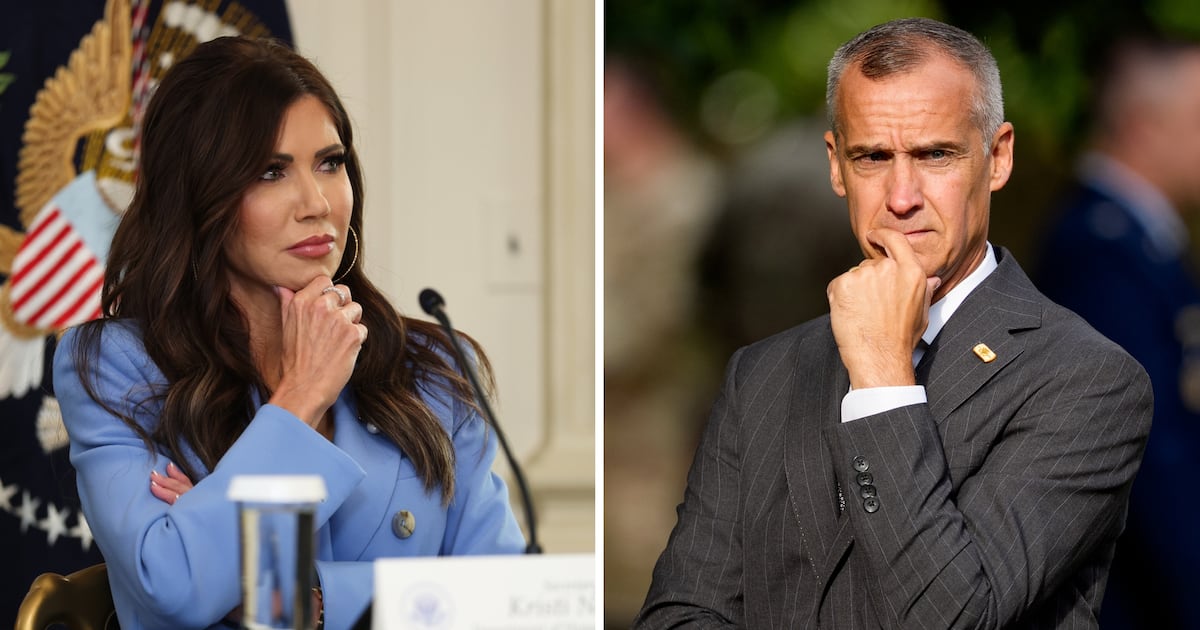Bill Hader walked up to the stage as dazed and shell-shocked as an octogenarian entering his surprise birthday party. In fact, he probably played a character like that on Saturday Night Live before.
But this wasn’t an act. Hader had just won the Emmy Award for Best Actor in a Comedy Series for his work in HBO’s Barry, which he—take a breath—co-created, stars in, writes, produces, and directs… and received nominations for each of those roles. He sort of floated to the stage like a bewildered ghost, past Donald Glover, Ted Danson, Larry David, and the actors he was about to give a speech instead of.
The speech itself was charming. Hader collected himself enough to thank his co-stars and collaborators, concluding with overwhelmed stammering and a pressed-lipped, spitty raspberry, dedicating the award to his three daughters. When the madness continued backstage—a tornado of press and well-wishers—he had to escape. He made his way to a bathroom, entered a stall, and sat on the toilet, his Emmy on his lap. He breathed.
“Two hours after that I was back in my apartment watching Ace in the Hole on TCM,” he tells me, his droll delivery wheezing its way into his signature laugh. “Taking my tux off and going, ‘Oh my God! Ace in the Hole is on TCM! I love this movie!’ I’m watching Ace in the Hole and drinking some tea. And, like, I won an Emmy.”
After eight years as a cast member on Saturday Night Live, during which his cantankerous Herb Welch, delightfully random Vincent Price and Jim Carvell impressions, and breathlessly enthusiastic party kid Stefon turned him into one of the show’s most popular stars, he left Studio 8H in 2013 to pursue new opportunities.
He surprised critics with a tender turn in The Skeleton Twins, ascended to leading man status with Amy Schumer’s Trainwreck, and ran away with more than a dozen comedy projects in between. But it’s Barry, which returns for its second season on HBO this Sunday, that is his most personal, and the work of which he is most proud.
Bill Hader went through some dark shit while on SNL. So he made a show about it.
At first blush, that may not track. Barry stars Hader as a professional hitman, a trained assassin who, when we meet him, treats the act of killing a mark with as much office-worker mundanity as an actuary filling out a spreadsheet. A former Marine suffering from depression and PTSD, he finds himself surprisingly attracted to a community of struggling actors he encounters while staking out a hit at an acting class. He’s a shit actor, it turns out, but he’s allured by the business as a way out.
The tonal duet that follows—in one life, killing; in the other, being coached on a monologue by Henry Winkler—was appealingly bizarre. In fact, it was so bizarre you could sense it being written off as a high-concept SNL sketch turned into a series, with Hader himself admitting that he knew people were imagining a glib version of what Barry would ultimately become.
“I was happy that people responded and saw, ‘Oh gosh, this is actually very dark and emotional,’” he says. “I like that you can watch the show and at least glean that we don’t find people getting murdered funny.”
But what is the Saturday Night Live connection?
Hader revealed last year that he had debilitating anxiety throughout his time on the show. He had suffered from it for most of his life, but SNL brought it out on a level that, he realizes now, was severe. Live TV was terrifying. Every time the red light would come on, he’d freeze with stage fright. The reason Stefon was one of his favorite characters to play? His comedic character tic allowed him to hide his face from the audience and camera.
But there was another part, one that is more directly written into the first season of Barry.
“Barry in the pilot, when he’s sitting at the table with all those actors, that’s me in my first season of SNL,” he says. “Just wanting so badly to belong to a group of people who I admired and who I felt unworthy being around and just wanting to fit in. Because I didn’t have the experience that all of these other people had. So I felt like I was a bit of a fraud.”
Those feelings are worked through on a weekly basis in the Barry writers room, which Hader compares to group therapy. (In season two, Barry grapples with the realization that changing may be harder than he anticipated.)
“When you get really bad anxiety, that’s crippling,” he says. There were times during SNL that he didn’t want to leave the house and would have to force himself to 30 Rock. He did therapy, took up transcendental meditation, began working out, and became more mindful about nutrition. “It’s not a vanity thing. It’s trying to feel better.”
He still deals with it. He had a difficult time when he returned to SNL as a guest host last year. It all came rushing back. He couldn’t sleep. “It’s not a thing that goes away,” he says. “It’s a thing you have to manage.”
I ask him if the scrutiny the show is constantly under had anything to do it. Few entertainment properties are dissected—and criticized—under the microscope more than SNL. It’s to the point that now the President of the United States is tweeting about his desire for the show to be investigated by the FCC.
“I don’t know if that’s real scrutiny or just, like, a crazy person,” he laughs. During his time as a cast member, he says, “We didn’t experience anything like the president tweeting about us, because the president didn’t tweet, like, about us in that way. There were more real things than a late-night comedy show [to be concerned with].”
Reflecting on that time now, he says the biggest revelation is how much everyone on the show existed in a bubble. They’d live and die by every episode because of their own self-inflicted pressure. It wasn’t until cast members would travel to Los Angeles that they’d realize everyone else was watching, too.
He remembers that after each show, he and John Mulaney would go to a diner to eat and nobody said anything. Hardly anyone offered anything more than a chirped “SNL!” when they saw him on the subway or walking around the city. But then he would go to Los Angeles for meetings and be bombarded by reactions. During his first season, he flew to the west coast to meet with Judd Apatow. To Hader’s shock, he began quoting lines from his SNL characters.
“Andy Samberg and I were just talking about this,” he says. “The best thing the show taught us was how to fail and how to take success. You can have a great show one week and be on top of the world and the next week fall on your face and have a terrible week. How do you deal with that? How do you step back from success and step back from failure and kind of look at it in more of a mature way? How do you not get too emotionally involved and look at the bigger picture and go, ‘Alright, that didn’t work. Let’s move on.’ Or, ‘Oh, cool, that works. Let’s move on.’”
To that end, Barry, his HBO violent comedy baby, was a success. People liked it. Tangibly, they really, truly liked it. They gave it exceptional reviews. They nominated it for awards. He won an Emmy! But he’s practicing what he preaches.
“Just because I have this trophy and this amazing Emmy and massive honor in my apartment doesn’t mean I’m magically better at my job,” he says.
But season one worked, I protest. He has proof of concept. Surely that must instill confidence.
“That’s the thing,” he says. “You go, ‘Oh wow, that was great!’ And then you go right into season two and you’re right back in preschool. You just go, ‘Oh shit, I don’t know anything.’”
We joke about how he showed early episodes of Barry’s first season to his friend, Game of Thrones co-creator David Benioff, and Benioff told him he was shocked by how dark the end of the third episode was. “If he thought that episode was dark…” Hader starts, laughing about the direction of the new season. “We just got notes on episode seven and one of the HBO executives said, ‘I didn’t breathe the last five minutes.”
After diving into the deep end last year, making his directorial debut with this series he’s also starring in and which required him to helm shootouts and major action set pieces, he’s still figuring out just how to film the show’s violence and remain consistent with its unique tone.
He’s also still settling into the swagger it takes for Bill Hader, he who played Stefon, to look believable as a gun-wielding hitman. “A lot of that’s editing,” he laughs. He’s always had an aversion to watching his own projects, be it in SNL or, once he’s done editing an episode, Barry, typically not seeing his work again until he’s appearing on a talk show and they play a clip. Especially with Barry, it’s never what he had in his head.
“It’s like, oh, I run weird, I have weird posture,” he says. “It’s why I think actors go crazy. I don’t make any efforts to change any of that. That’s who I am I guess. I just try to accept it.”
Talk TV with us. Join The Binge, our Facebook group to chat all things streamable.







